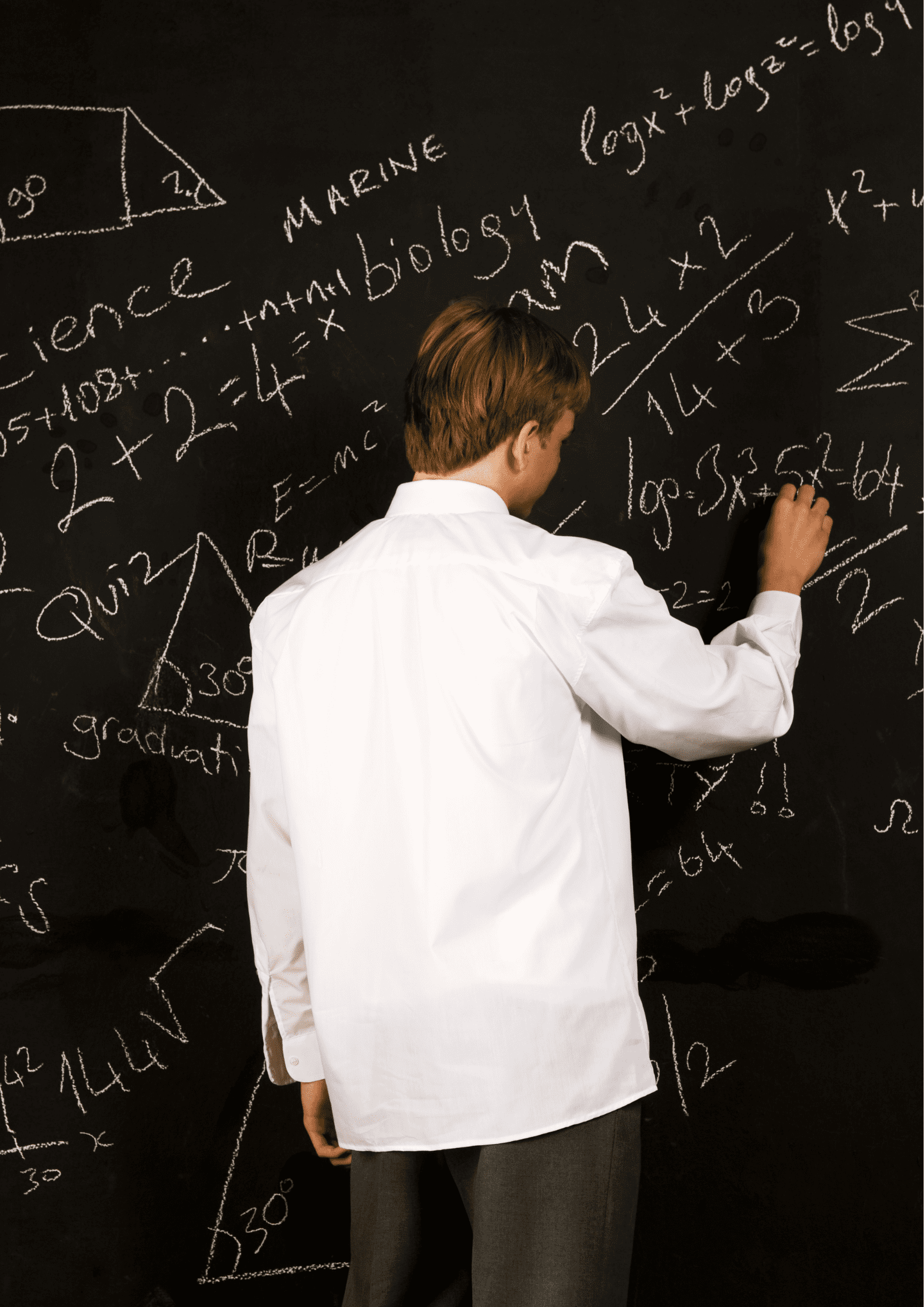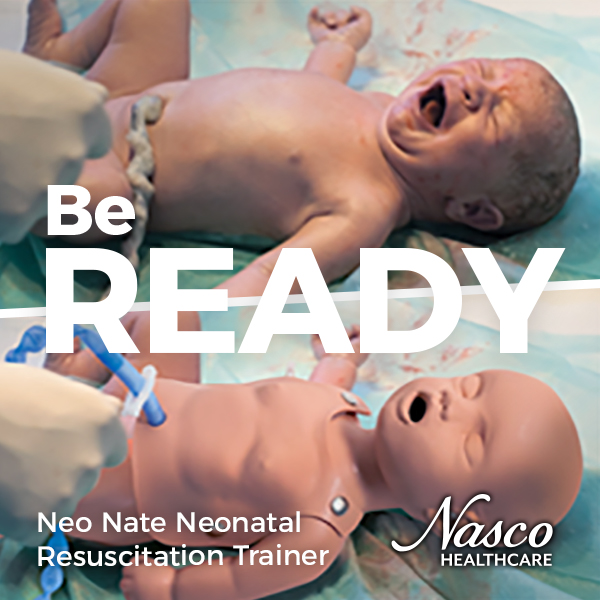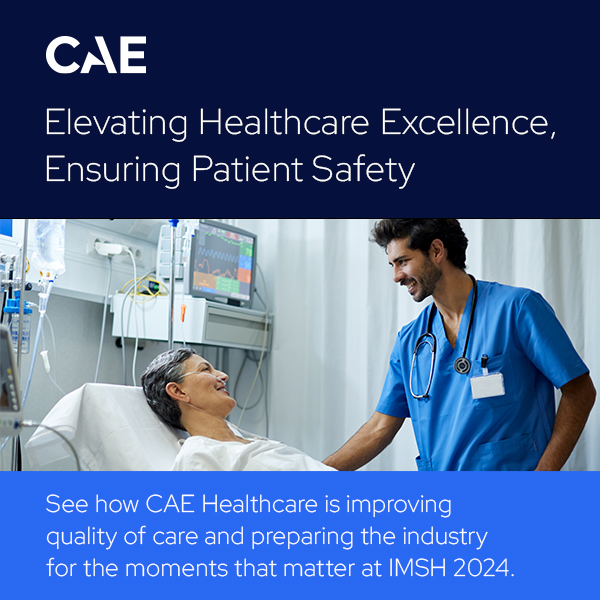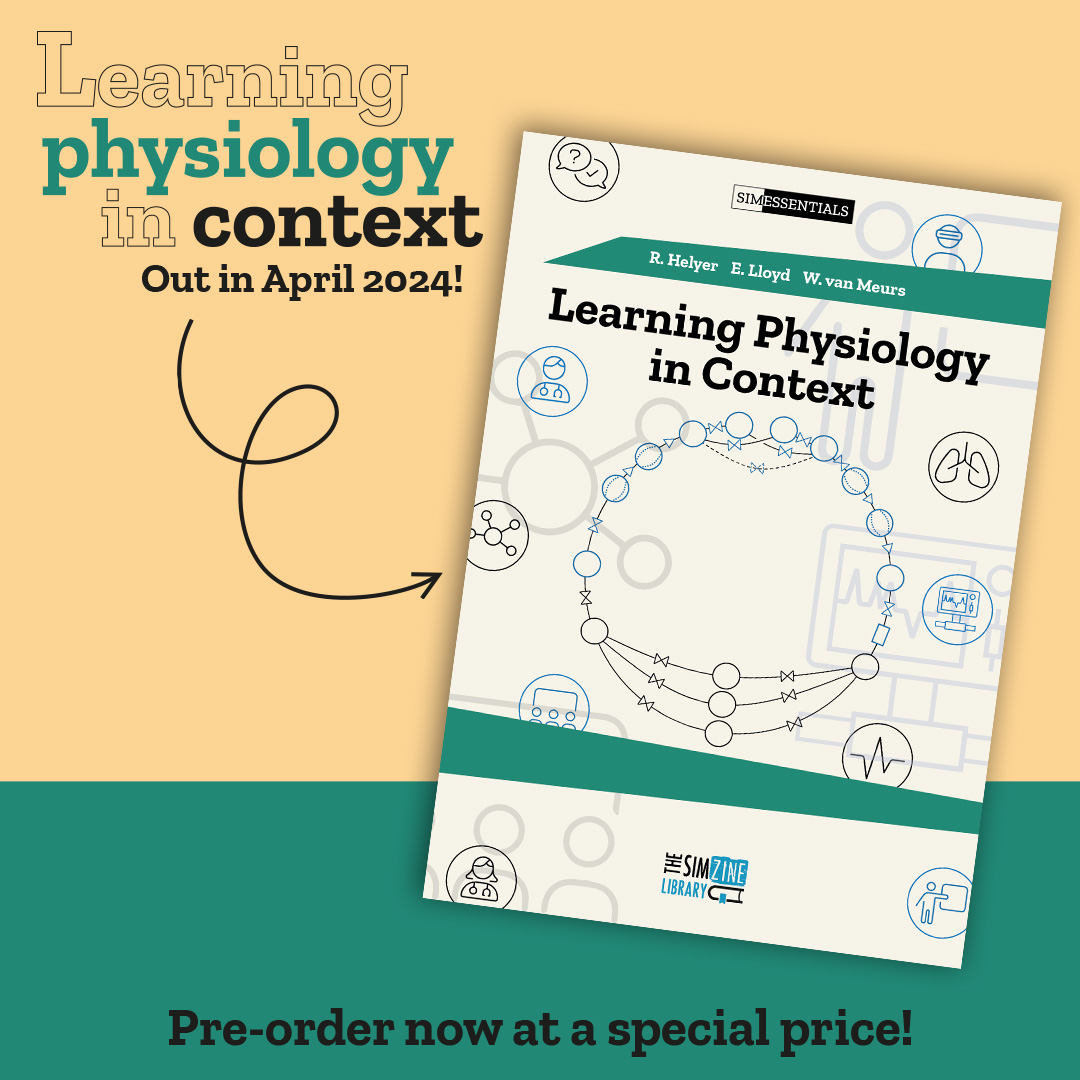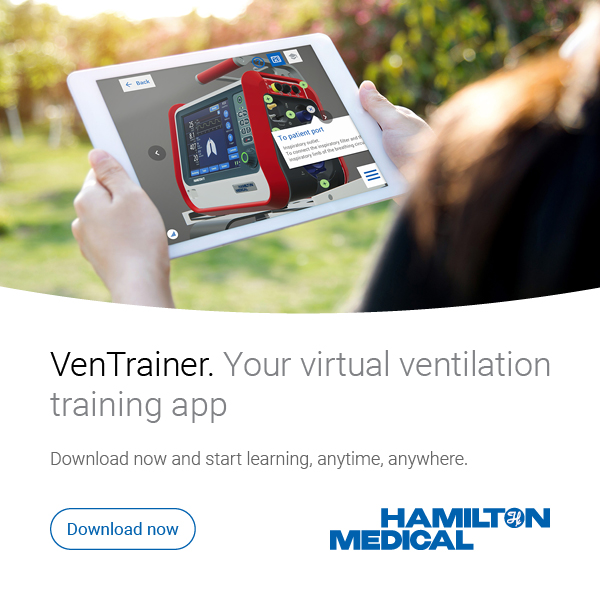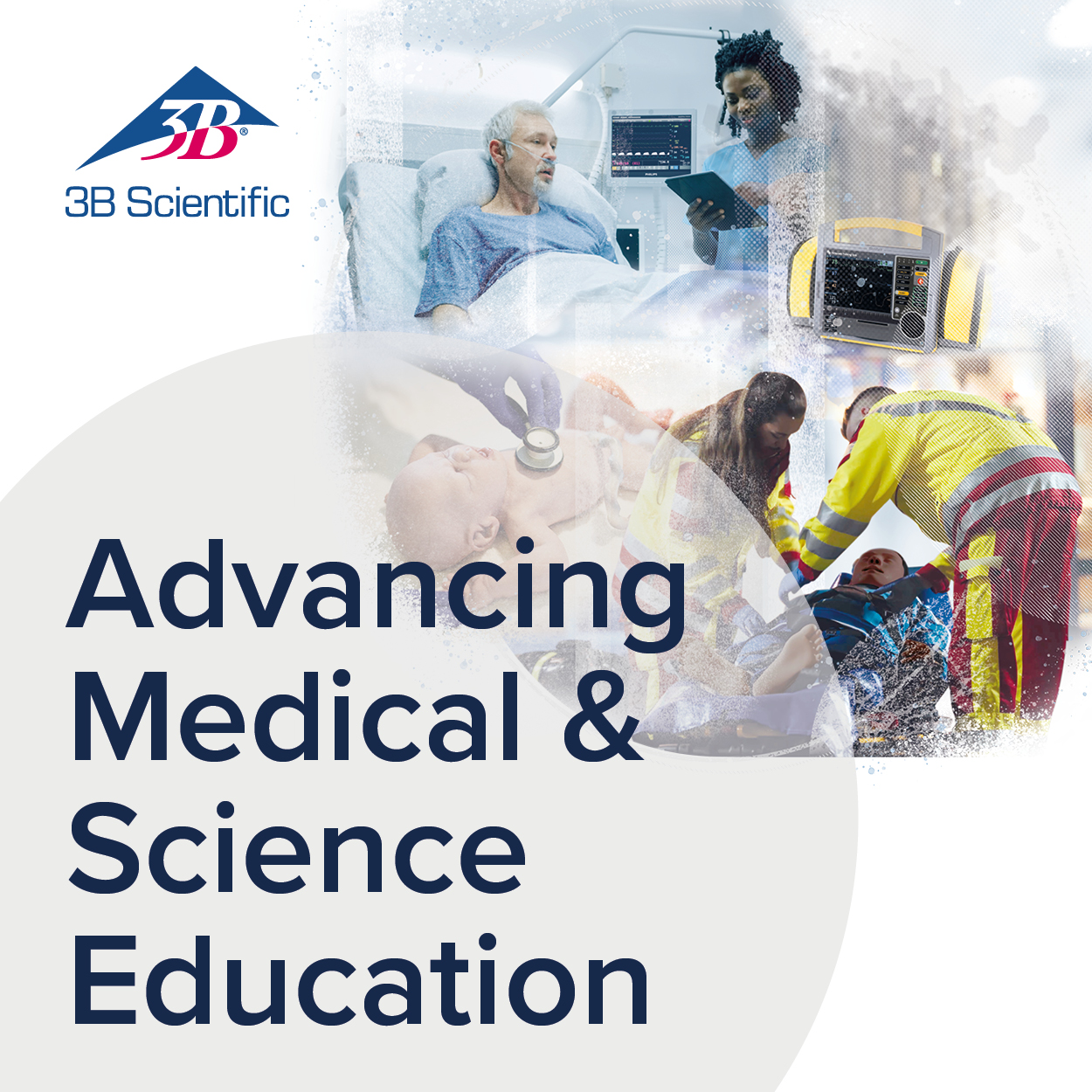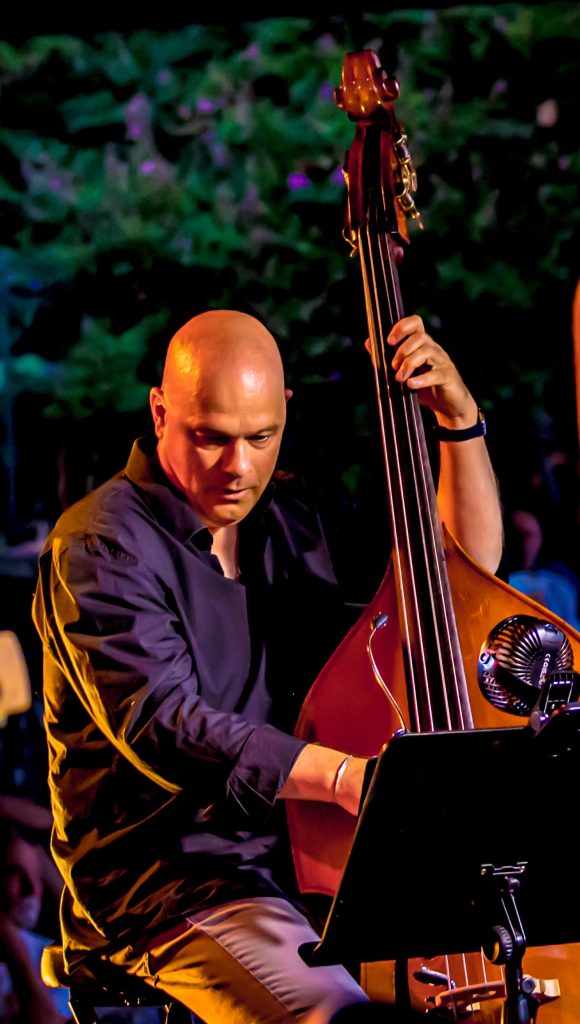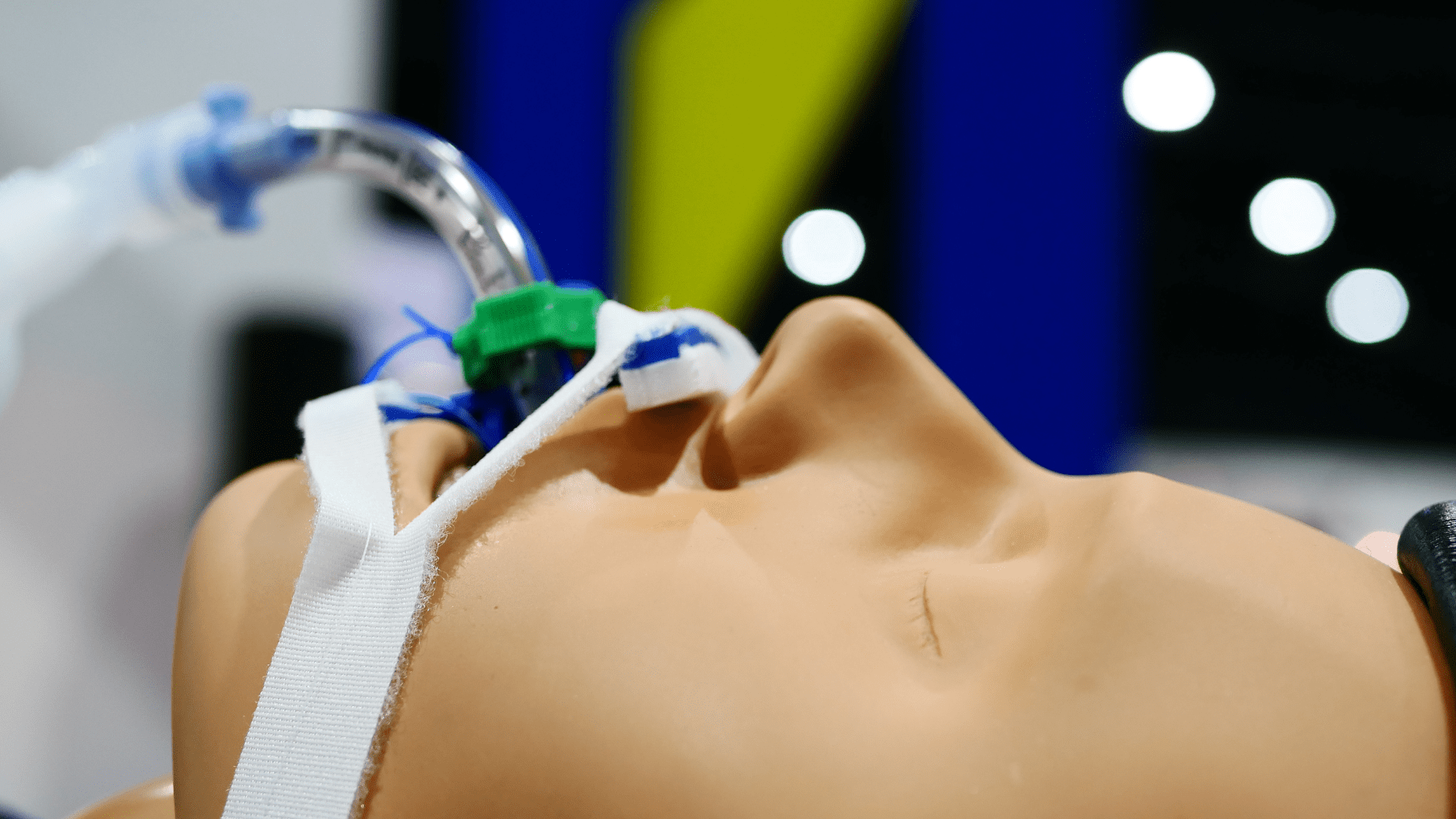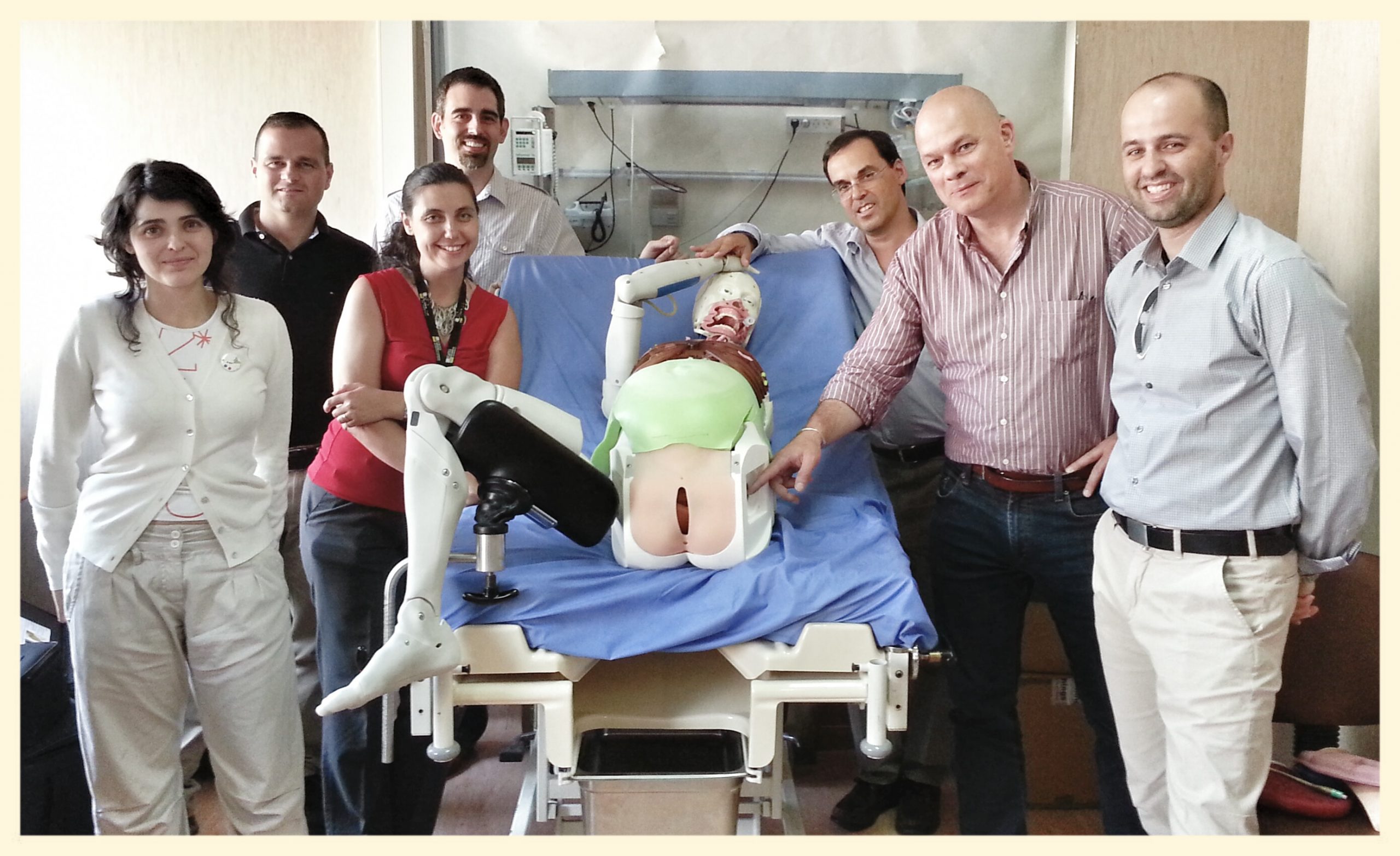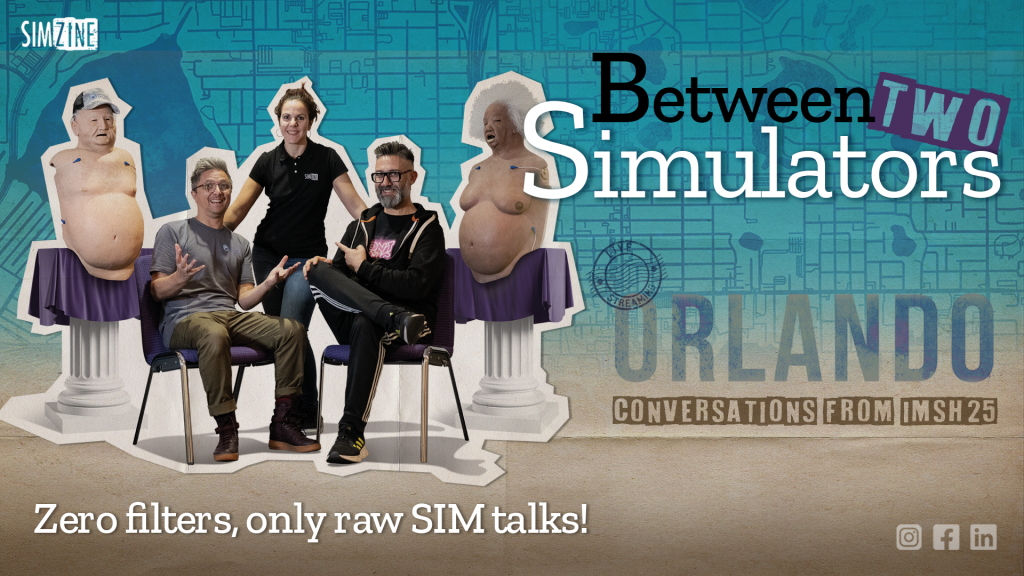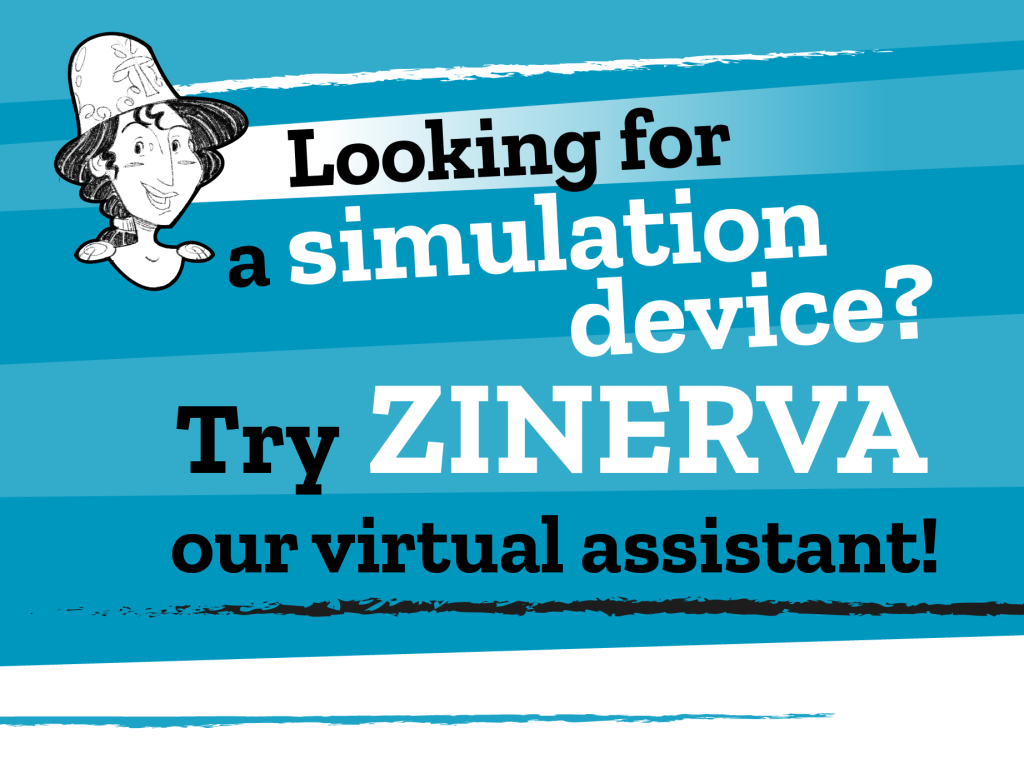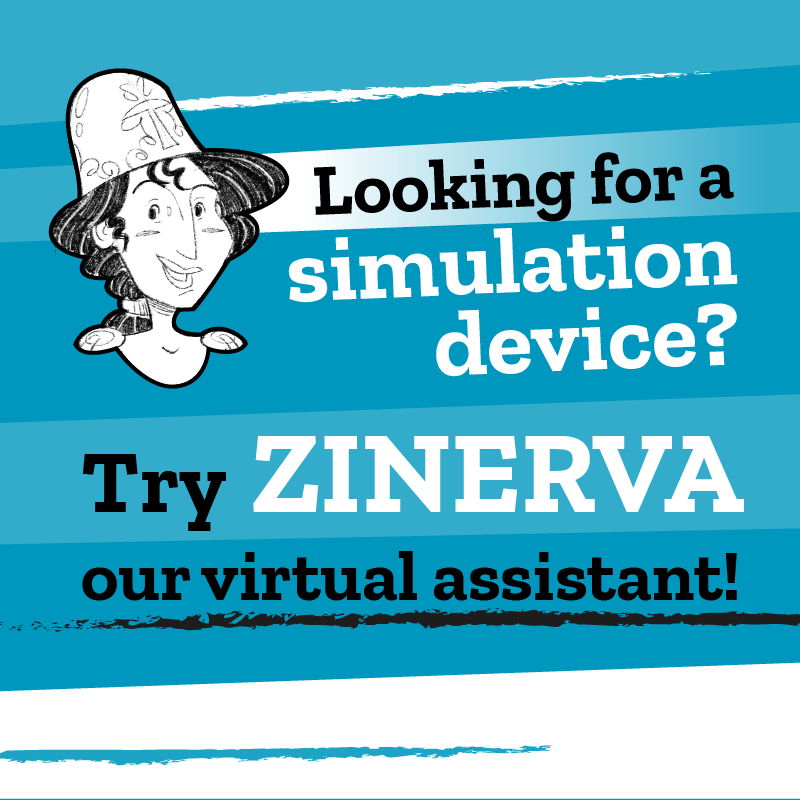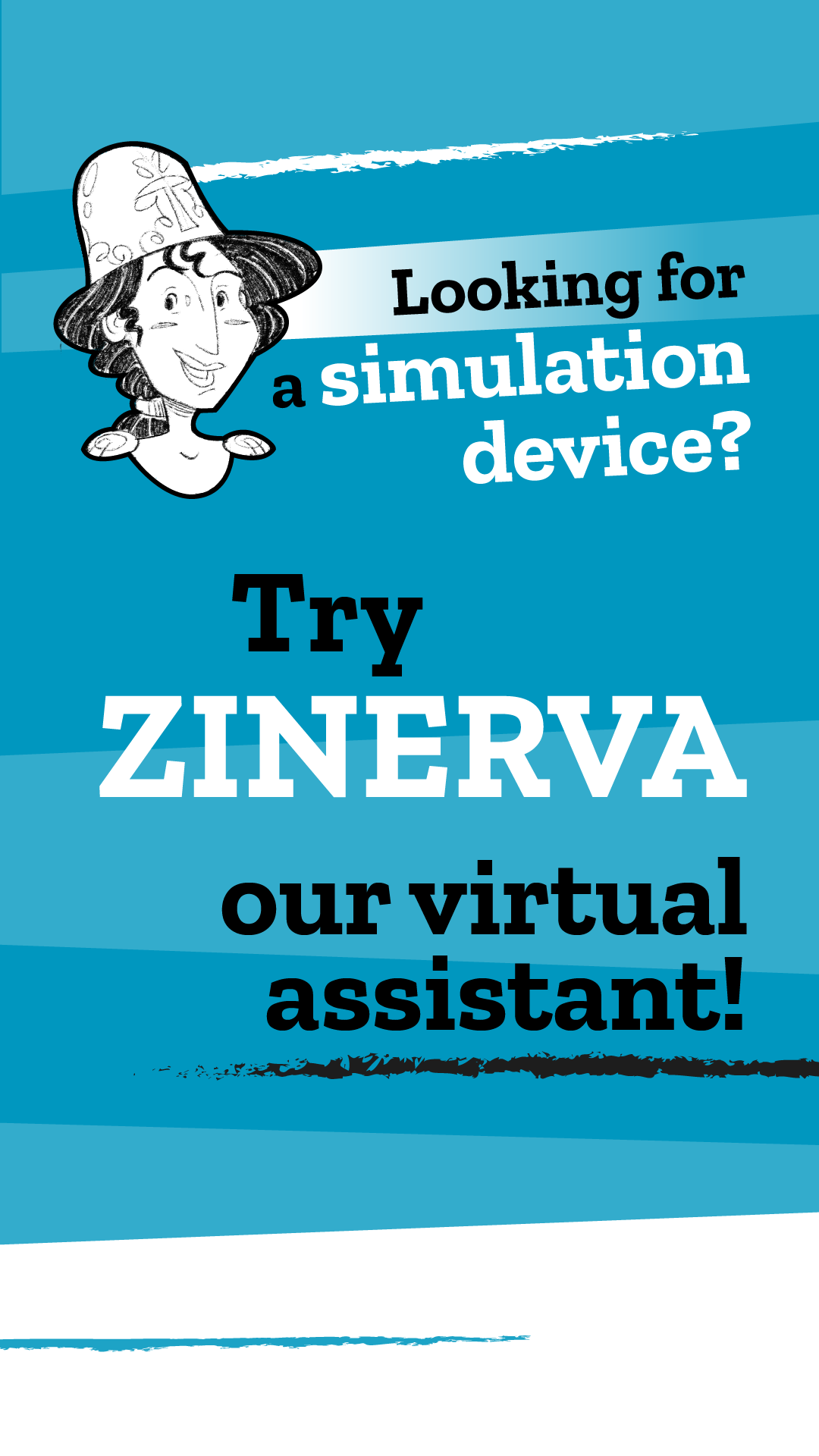Personalized simulation and simulated travels to Mars: the potential of mathematical models described by a Technical Physician, Lex van Loon
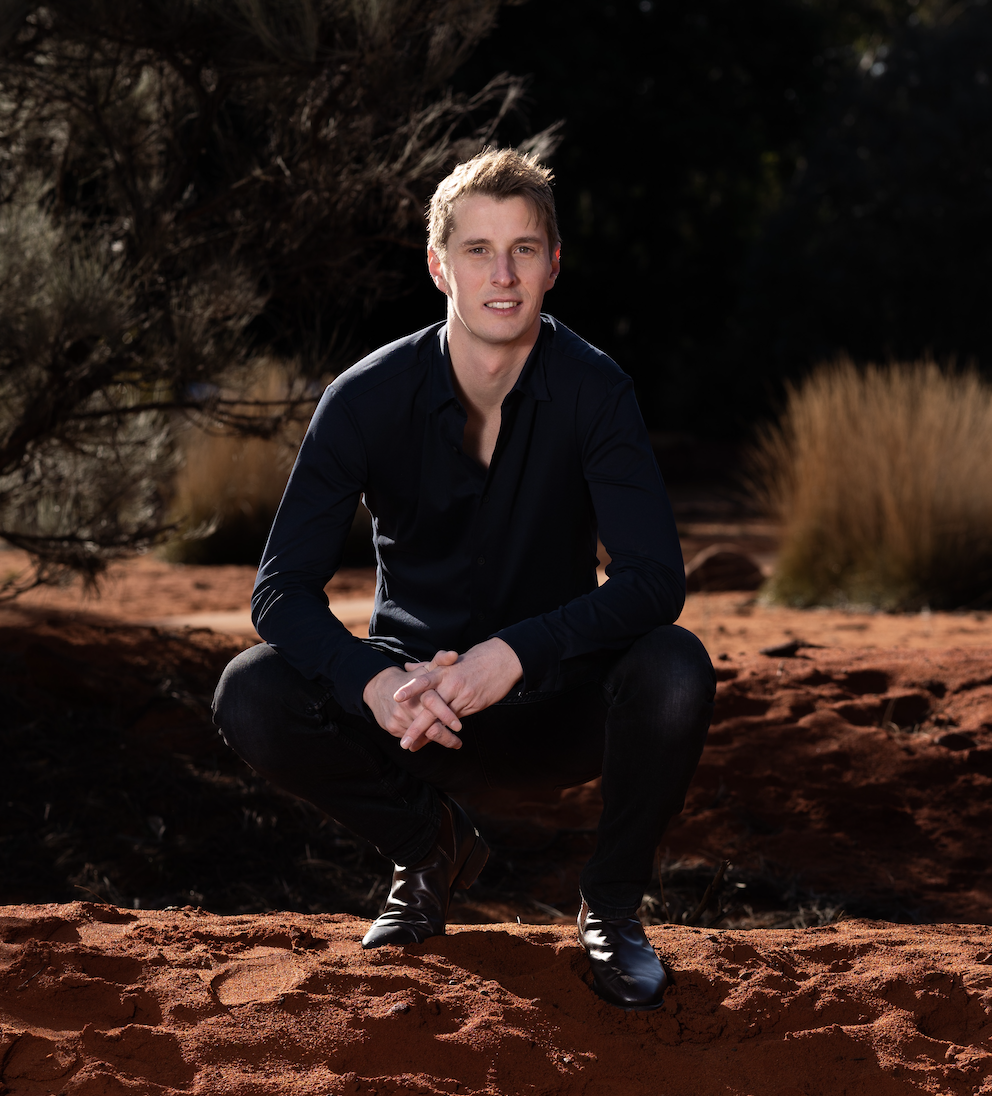
Lex van Loon
Bachelor’s degree in Technical Medicine, master’s in Medical Signaling, and PhD on modelling the consequences of novel therapeutic strategies. Worked at the TechMed Centre at the University of Twente. Co-inventor of medical serious games (ABCDEsim) and co-founder of VirtualMedSchool. He is currently a post-doctoral fellow at the Australian National University in Canberra, researching on Medical Digital Twins
- Email: lexmaxim.vanloon@anu.edu.au
- LinkedIn: https://www.linkedin.com/in/lmvanloon/
SZ: Hi Lex, thanks for accepting to share some time and thoughts with us. Please tell us about your background and your work.
I am a Technical Physician by training with a PhD in medical physiology and have previously worked as a trainer in a medical simulation center at the University of Twente, the Netherlands. My current role is that of a research fellow and lecturer for the Medical School of the Australian National University.
SZ: Can you tell us a bit more about your training as a technical physician?
Technical Medicine is an academic discipline aimed at educating professionals who can improve patient care by applying medical technology. This education fills the gap between classical medicine and complex (biomedical) technology. After 6 years of education each Technical Physician will be a new academic professional who has the knowledge, skills and problem-solving mind-set to design and safely apply improved diagnostics and therapeutics for the benefit of patients.
SZ: What skills do you need to do this job?
My current role requires me to collaborate extensively with clinicians, computer scientists, data scientists, biologists, and students. Therefore, I would definitely say that my study curriculum of Technical Medicine did a good job in preparing me for my current role. It allowed me to comfortably speak and team up with these very different expertises.
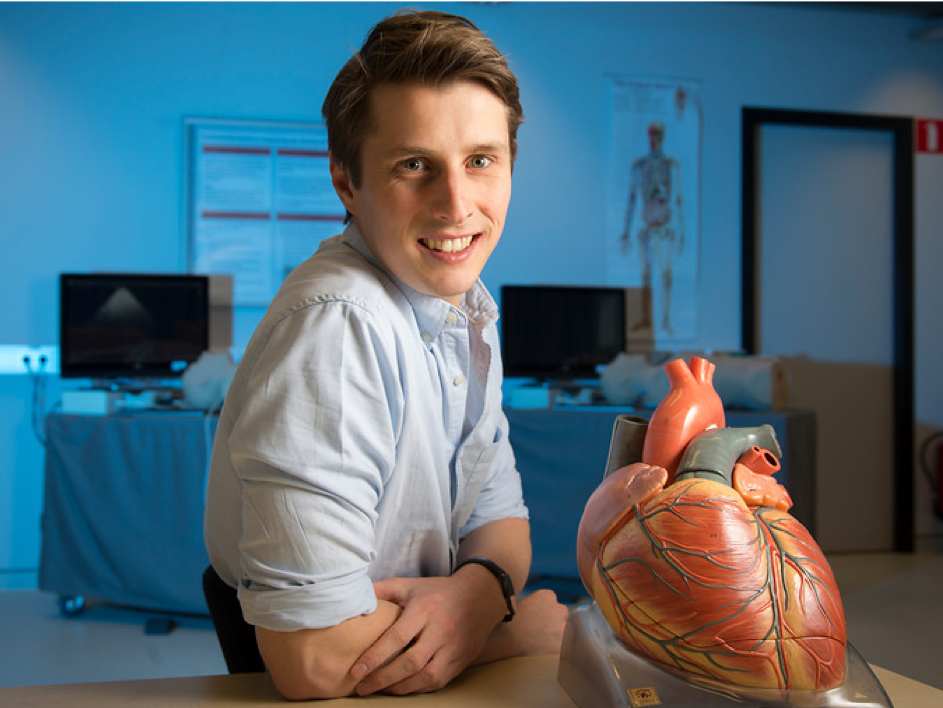
SZ: What are the positive and negative aspects of your work?
The pro is the flexibility of working in an academic environment and learning something new (almost) every day. The cons would be that it is sometimes hard to excel in one specific area because my job requires me to work on many different projects, and the uncertainty of short-term contracts.
SZ: What would you say a mathematical model is?
In my work I view a mathematical model as a mathematical description of a physiological process. Such a description allows you to study interactions between and within models, thereby explaining complex human physiology and test the influences of changes in circumstances. However, I always keep George Box’s quote in mind: “All models are wrong, but some are useful”
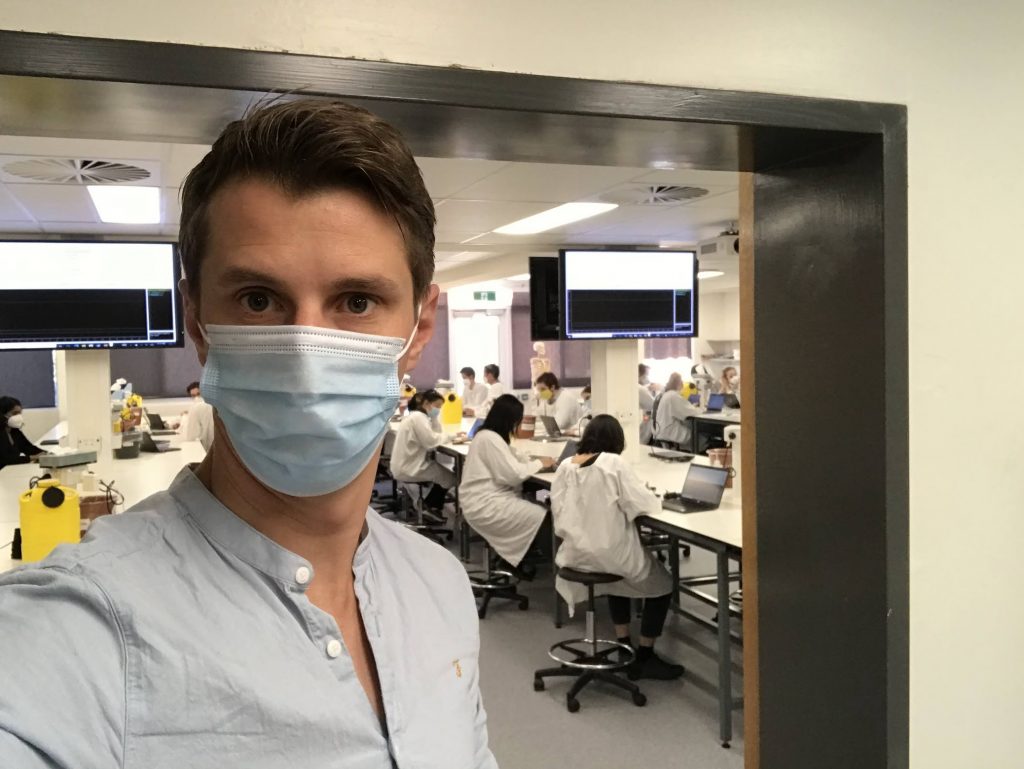
SZ: How does mathematical modeling apply to healthcare simulation?
Mathematical models can be used as explanatory models. Thereby teaching (complex) physiology to medical students and professionals. They also play an important role in simulation training. Various simulators used in medical education rely on model-based simulation engines. These create realistic, real-time responses to a multitude of dynamically interacting continuous variables and avoid training to be limited to a rigid, predefined script.
SZ: Thinking about simulation in healthcare, what do you see as the biggest challenges that we’re facing today and that could and should be addressed with mathematical modeling?
Personalized medicine. Medical research is working hard in achieving personalized treatment. I feel that medical simulation should follow this path and create training that matches the trainee’s needs. And also, to be able to simulate cases that match patients that are on the ward at that very moment, their digital twins, in other words. The use of mathematical models is essential in achieving personalized medical simulation.
SZ: You recently published an article presenting an open-source mathematical model of the cardiopulmonary system that is able to simulate the short-term adaptations after being exposed to microgravity. How did you mix space flights to Mars and simulation?
Australia is investing heavily in its space capabilities. Part of this investment goes too research in space medicine. Space tourists (2020) and passengers on intercontinental flights via space (expected approx. 2025) are no longer highly selected, young, healthy, well-trained professional astronauts, but “regular” passengers, potentially with age and life-style related chronic conditions. Here at the ANU, we work on organ and organ-system level modeling and simulation tools that can assist healthcare providers assess fitness to fly of prospective travelers.
SZ: Can you explain to a non-expert what you did?
We developed a mathematical model that can be used to predict whether an astronaut can safely travel to Mars and fulfill their mission duties upon stepping foot on the Red Planet.We simulated the impact of prolonged exposure to zero gravity on the cardiovascular system to determine whether the human body can tolerate Mars’ gravitational forces — which aren’t as strong as on Earth — without fainting or suffering a medical emergency when stepping out of a spacecraft. The model could be used to assess the impact of short and long duration space flight on the body and could serve as another important piece of the puzzle in helping land humans on Mars. With the rise of commercial space flight agencies like Space X and Blue Origin, there’s more room for rich but not necessarily healthy people to go into space, so we want to use mathematical models to predict whether someone is fit to fly to Mars.
SZ: How do you imagine your work in 15 years’ time?
Wow, that is still far in the future. I am not even sure what I will work on in the next year. I am pretty sure I will move back to Europe, and I definitely aim to continue my work in using mathematical models of human physiology to improve patient outcomes in any form. Maybe even starting my own company in this realm.
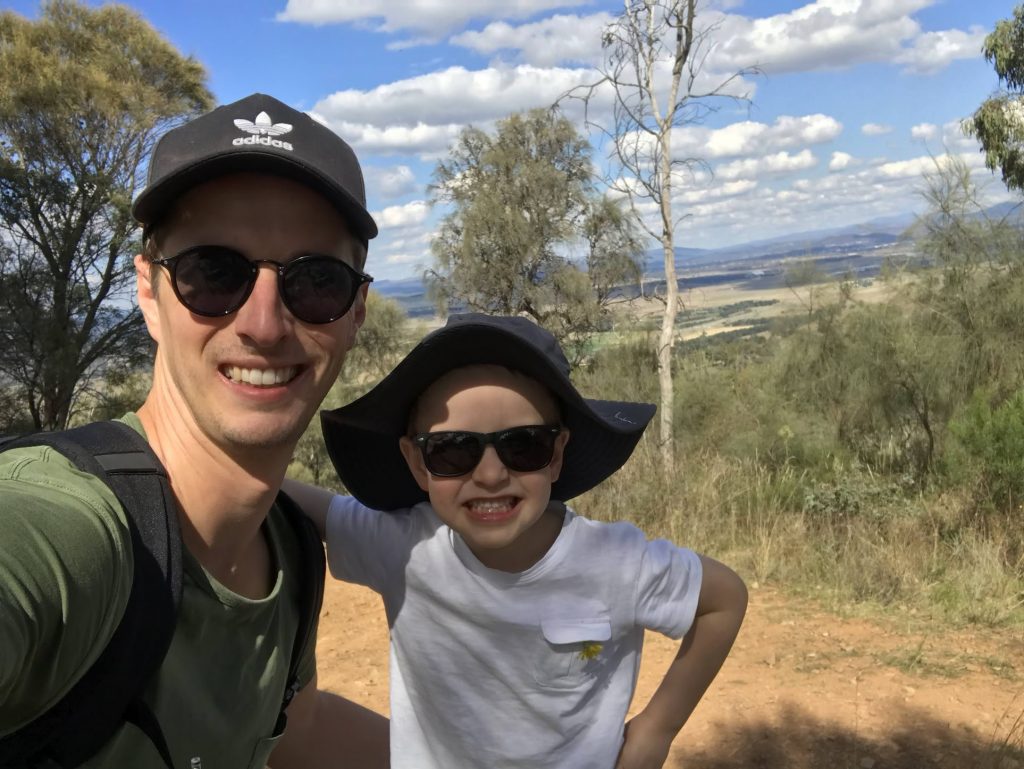
SZ: Thank you, Lex, for such an interesting talk. And we wish you the very best of luck with your projects.
READ ALSO



